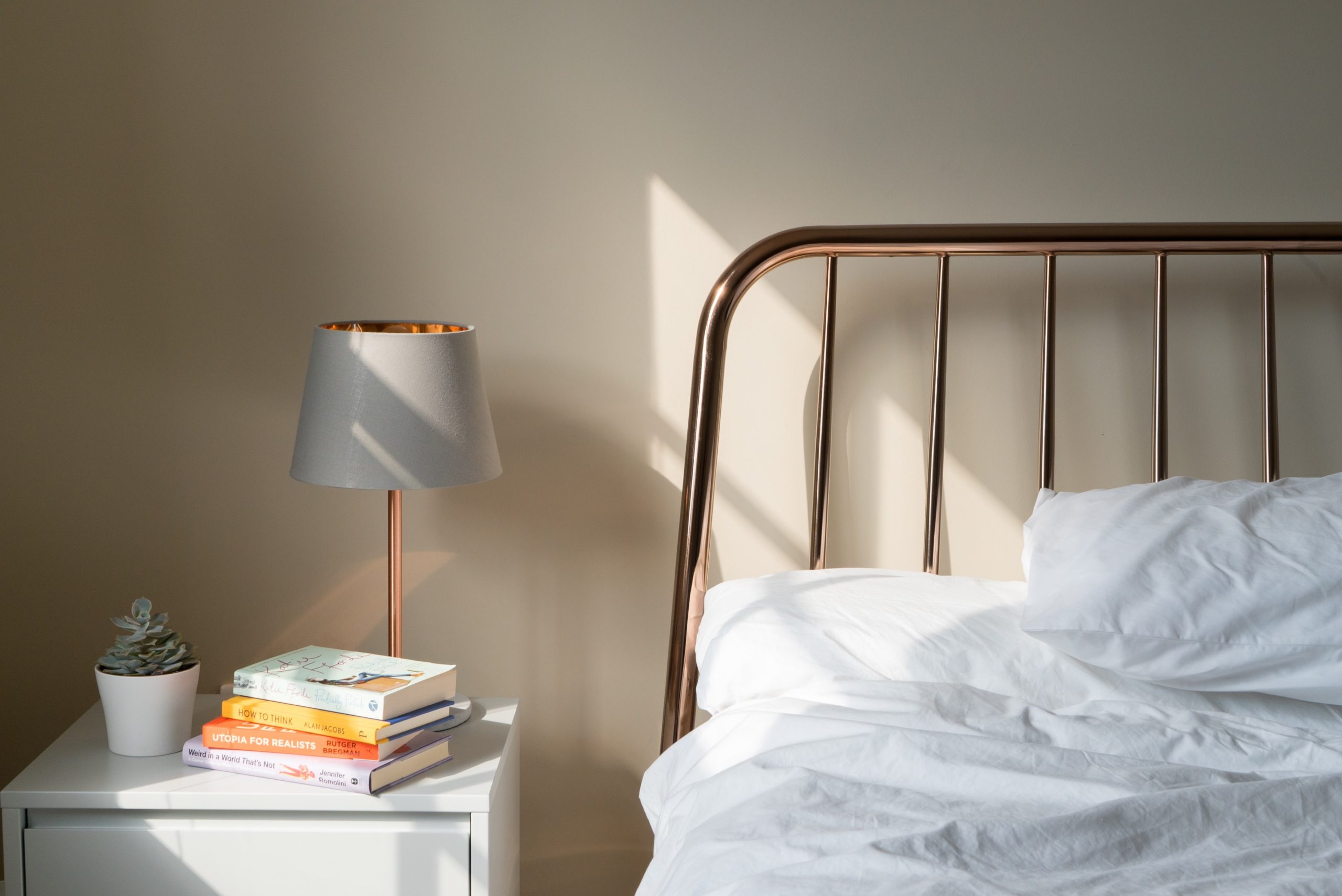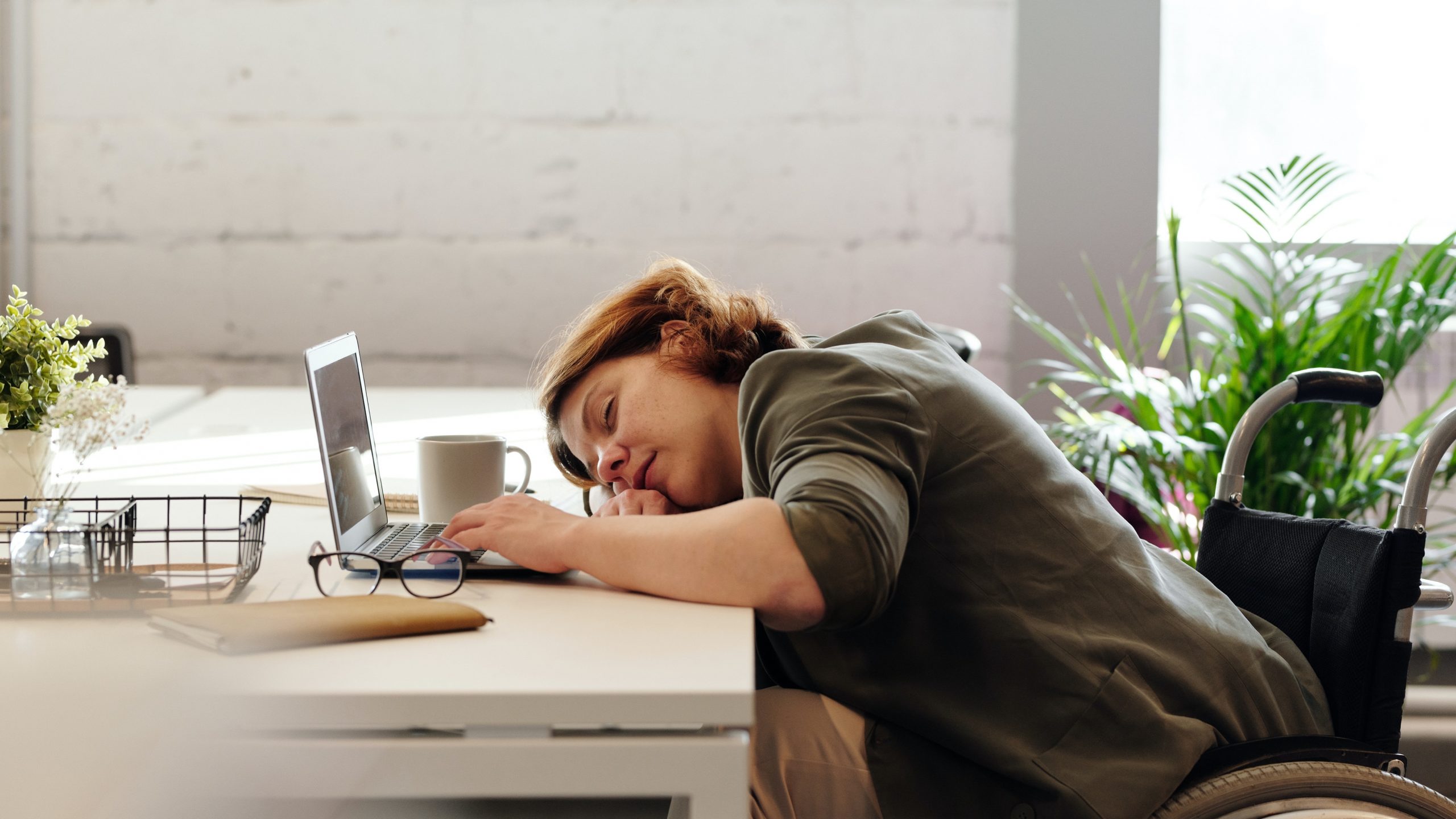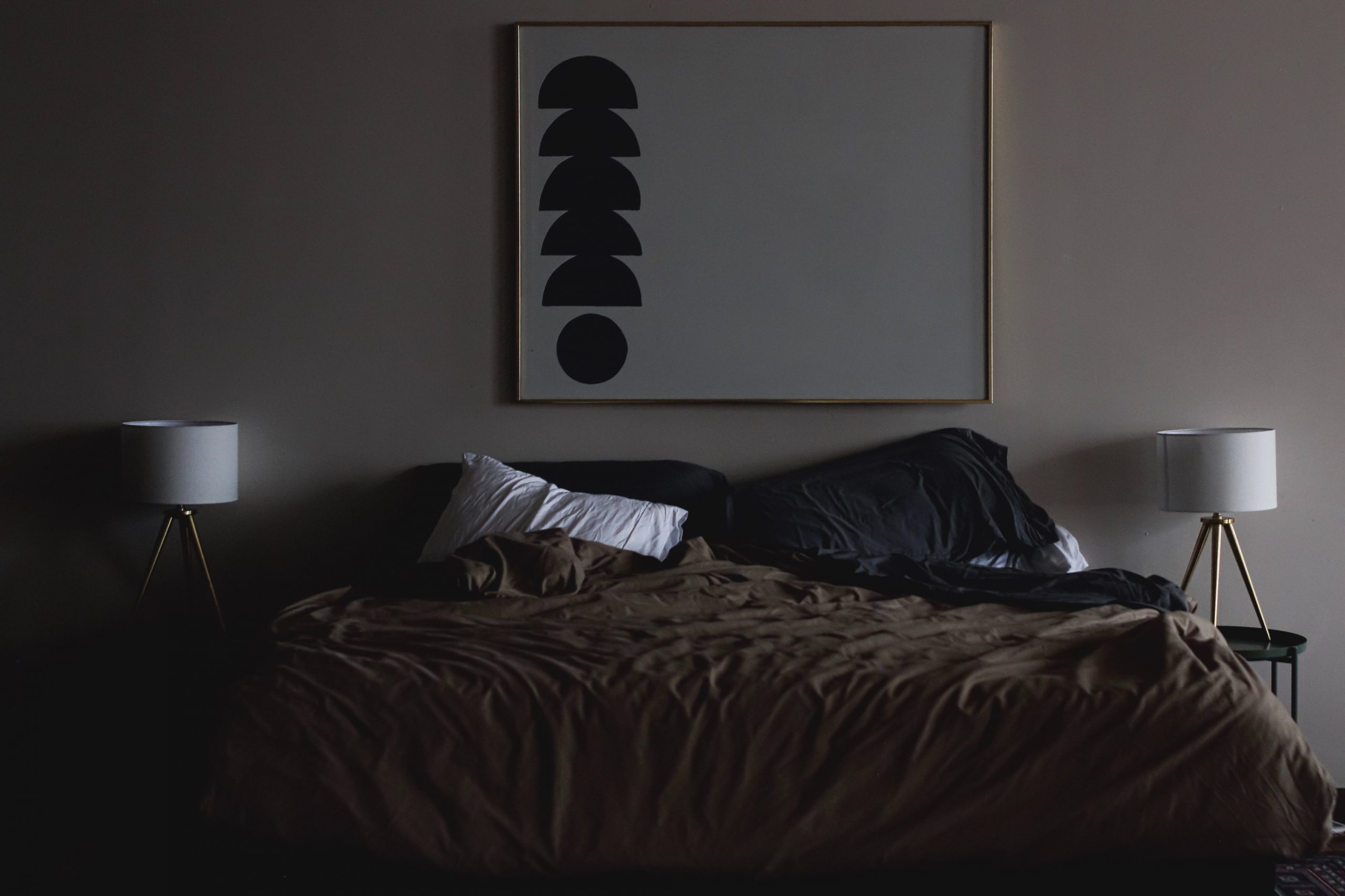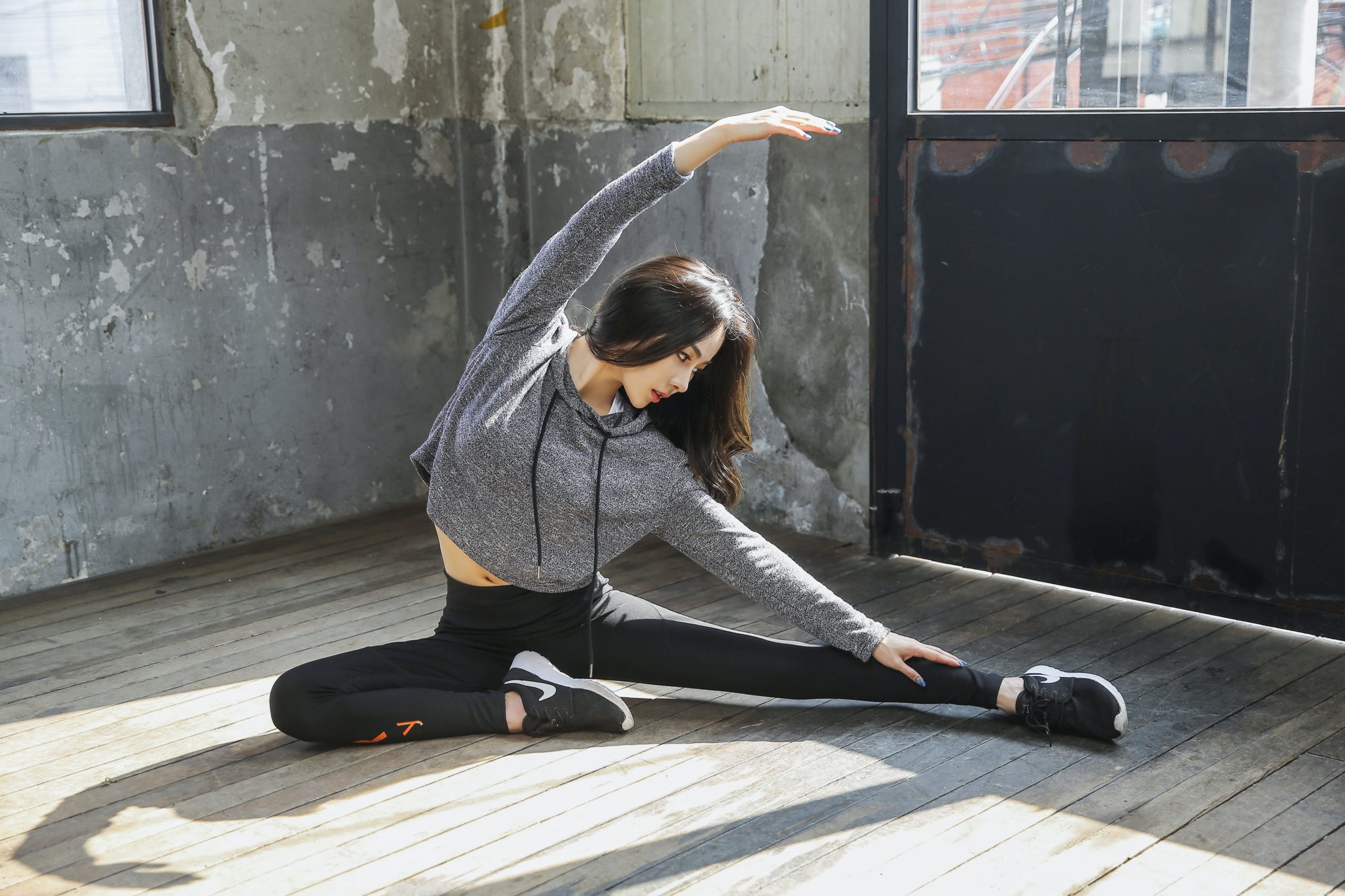When people think of sleep hygiene, the common misconception is that it’s about keeping your room neat and tidy, going to bed clean, or having fresh sheets.
And while all of these actually do contribute to having good sleep hygiene, that still doesn’t fully encompass what it really means. Having a good sleep hygiene basically points to the healthy habits, routine, and conditions that help you achieve a good night’s sleep. If you’re someone who often ends up tossing and turning in bed, staring up at the ceiling, or only drifting off when you have to wake up – it’s probably time to consider your sleep hygiene.
From getting clear skin to basically not feeling like crap throughout the day, having a good night’s sleep in crucial in maintaining your mental and physical health. And while some habits are pretty easy to implement – such as getting new, clean sheets – others can take a little time to ease into.
Now, let’s get into how you can actually practice good sleep hygiene – all in the name of getting that beauty rest you deserve.
Make your bed a sacred place

Your bed should only be used for two things: sleep and sex. While it’s tempting to lounge on your comfortable bed while working, this can actually disrupt your brain’s association between your bed and sleep – resulting in you thinking about other things whilst in bed, making it more difficult to fall asleep. Even some relaxing activities such as reading or listening to music may keep your brain alert, so try doing these activities on your comfiest chair or couch first before moving to your bed to crash.
Stick to a consistent sleep schedule
Regardless of whether it’s a weekday, weekend, or holiday, try to go to bed and wake up at around the same time. A fluctuating sleep schedule will prevent you from getting into a rhythm of restful, consistent sleep, as well as negatively impacts your energy levels during the day. It’s easy to forget that sleep is actually a priority when it comes to keeping your mind and body happy, so if there’s anything that can be left to the next day, just do so.
Just make sure to make gradual adjustments when shifting your sleep times, instead of trying to force yourself into a new schedule straightaway. Take it one step at a time by going to sleep 10-15 minutes earlier than usual, and work your way up to a schedule that fits your lifestyle the most, while still getting in the necessary 7-9 hours of sleep.
Know when to nap

Power naps are great for boosting productivity and giving your brain a break throughout the day, but napping too long or too late will not only make it harder for you to fall asleep, but it may also make you more prone to waking up in the middle of the night. If you really need a nap, make sure to keep it to a maximum of 30 minutes, and avoid napping later in the afternoon. Try and aim for a halfway point between the time you wake up and the time you plan to go to sleep.
Create the perfect sleep environment

Aside from sleeping in plush, comfortable sheets and a suitable mattress, sleeping in a cool, dark, and quiet room is the best environment to help your body fall and stay asleep easily. Consider dark curtains for your room or an eye mask to make your sleep environment as dark as possible – especially if your bedroom has a large window. If you’re a light sleeper, have noisy neighbours, or live with people who often stay up late, get yourself a decent pair of earplugs to minimise distractions and disruptions.
The temperature of the room can also make a huge difference between getting a good night’s sleep, or having a restless one. According to the Sleep Foundation, the best temperature for sleep is roughly 18.3 degrees Celsius – give or take a few degrees depending on the person. If you don’t have air conditioning in your room, consider using an air purifier to at least ensure you have good air quality circulating in your room to improve your sleep quality.
Regular exercise

Exercise won’t just help you achieve a healthier body, skin, and mind, it may also help you sleep better at night. According to John Hopkins Medicine, aerobic exercise causes the body the release the “happy hormone”, endorphins, while also helping to create the biological processed in the brain and body to contribute to better sleep. Getting regular exercise can also boost your time in deep sleep, also known as slow-wave sleep, so that you’ll wake up feeling refreshed and rested.
To start, try getting in at least 15-30 minutes of brisk walking or jogging. Controlled exercises such as Pilates or yoga may even help you train your focus and help relax the body.
Practice a relaxing pre-bedtime routine
If you can, don’t go to bed feeling angry, stressed, or distressed. Getting into a calm and relaxed state of mind is key to help you drift off easier. Treat yourself to a relaxing pre-bedtime routine, such as having a warm shower, meditation, or even watching ASMR videos. This is the best time to practice your most indulgent self-care habits, allowing yourself to feel calm and happy before tucking into bed.
Have good sleep hygiene – literally
Go to bed after a shower. Make sure you change your sheets and pillowcases at least once every two weeks. Declutter your room and keep everything tidy. When you sleep in a clean room, you’re more likely to fall asleep faster and better because your environment looks and feels fresher. That, and you won’t feel the stress in the back of your head of being in a messy room.










